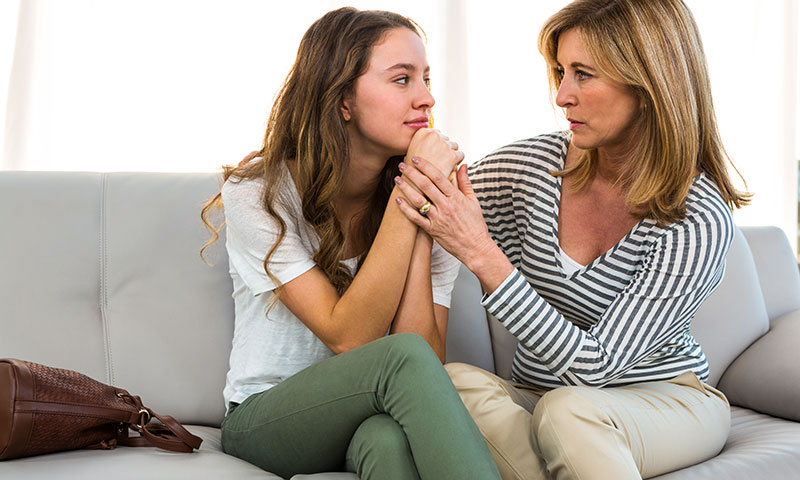Trauma affects us all in different ways. Some will walk away with the bruises on our bodies, while others will develop lasting mental scars that make it difficult to function in society. What’s worse is that there is no telling how someone might react to trauma, especially depending on the trauma in question. Everyone will react differently.
That is why trauma in teens is so complex. Some teens might be able to bounce back. Others may not be able to bounce back at all. Experiencing trauma during a developmental stage like puberty is very dangerous, but it is not an impossible situation. The best you can hope for is for your teen to develop healthy coping mechanisms and learn how to deal with their trauma in their own way.
They should not, however, do this on their own. Instead, you will want to follow these four steps to help care for your teen after trauma.
Understand How Trauma Can Emerge
Knowing how trauma emerges and what symptoms come with it is an important step to parenting. Some will react to trauma minimally; others may develop PTSD and other mental illnesses like depression. Know the warning signs so you can get your teen help ASAP if they need it.
Make It Normal to Talk About Feelings
You want your teen to talk to you and be comfortable with confiding in you. To do this, you need to make it a safe space. Let them talk to you without judgement. Talk about your own feelings (especially if you don’t often do this) and even consider making an alternative system to get your teen to communicate more, like writing emails to each other.
Know Where to Turn if Things Get Worse
When the trauma your teen has experienced is evidently worse than anything you can handle (as in, you don’t start to see improvements after your efforts), then seeking out professional help is a must. Depending on the level of trauma, this professional help should be sought out ASAP. A car accident is one thing, for example, but abuse is another, especially with sexual abuse in children and teens.
When trauma is significant, or the response is significant, admitting your child to a residential trauma treatment centre is the best course of action. You need to understand what has happened, understand their response, and build coping mechanisms in a supported environment. Your teen’s trauma center will want you on board. They will teach you strategies and skills to take home to improve the home environment for your teen while they recover and build their life back up.
Help Build Your Child Back Up
You can help along with that process by encouraging them and helping them find new things to focus on and feel good about. Start doing a sport together, learn something new together, and so on. It will help them focus on something new, build up their confidence, and with you, they should feel safe.

Leave a Reply